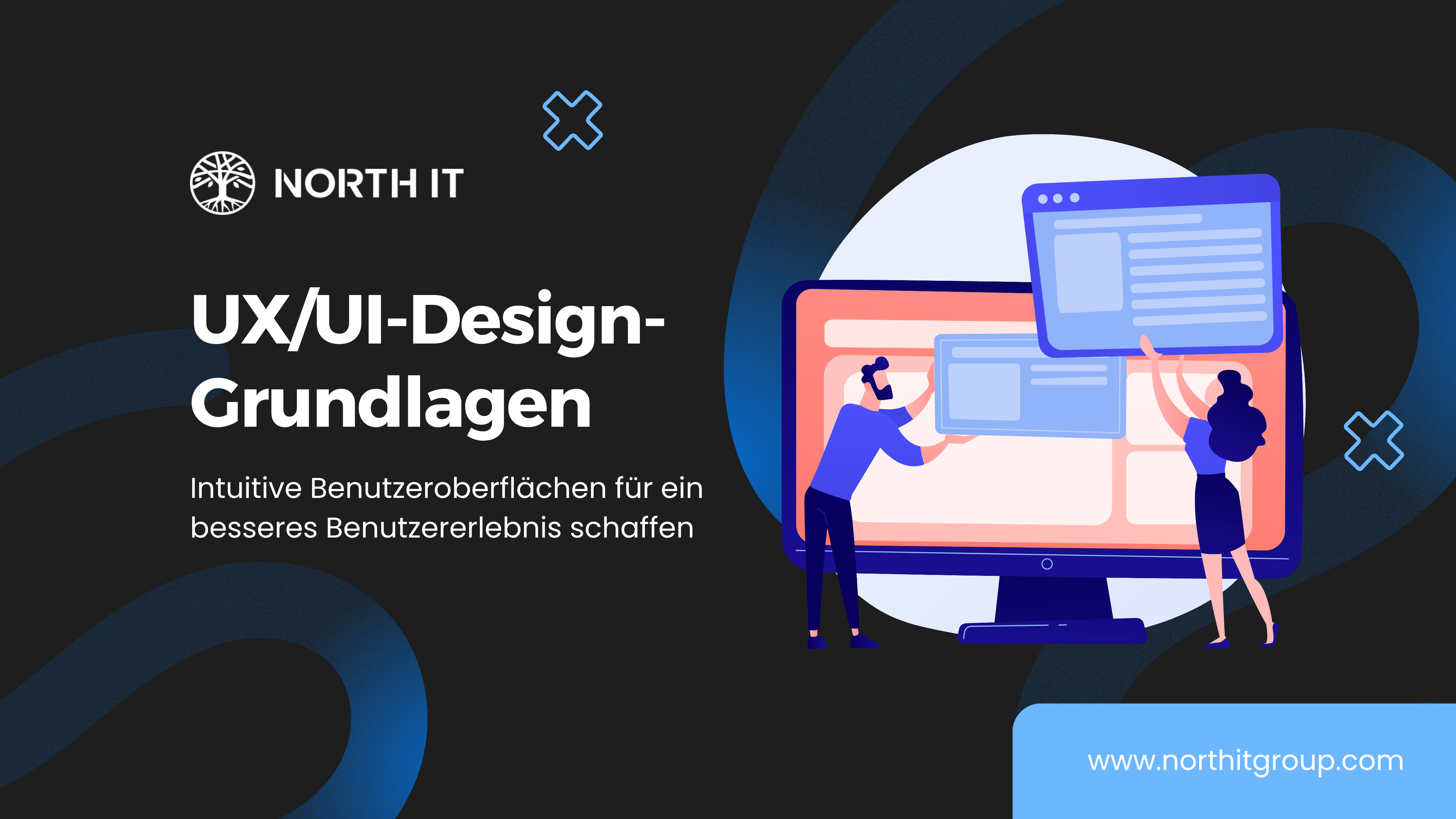IT support in tourism: cost optimization and cyber security
IT infrastructure plays a key role in increasing efficiency and security in the tourism sector. Modern technologies can optimize costs and protect sensitive data.
You need to know this:
- IT infrastructure automates processes and reduces personnel costs.
- Cybersecurity protects sensitive customer data from attacks.
- Future technologies such as AI and IoT offer additional optimization opportunities.
- Cloud computing and big data analysis increase efficiency in tourism.
- Cyber insurance can mitigate financial and legal consequences.
Cost optimization in tourism
Importance of the tourism sector and the need for cost optimization
The tourism sector generates considerable income and creates numerous jobs. Efficient cost structures are necessary in order to offer competitive prices and generate reasonable profits. This enables investment in new technologies and services to increase competitiveness.
The role of IT infrastructure in increasing efficiency
The IT infrastructure includes booking systems, online platforms and data analysis tools. These systems automate processes and reduce manual effort, which improves efficiency. For example, booking systems speed up reservation processes, while online platforms increase the reach of companies. Data analysis tools optimize business processes and marketing strategies.
Challenges in optimizing costs in tourism
Despite the advantages, there are challenges:
- High fixed costs: rental and personnel costs limit flexibility.
- Seasonal fluctuations: Adjustment of cost structure to demand is necessary.
- Technological challenges: Integration of new IT systems requires technical expertise.
Best practices and future developments
Best practices
- Cloud computing: Reduces IT costs through scalable, virtual resources.
- Big data analysis: Provides insights into customer behaviour and optimizes marketing strategies.
- Automation of processes: Minimizes manual intervention and increases efficiency.
Future developments
Artificial intelligence (AI): Improves customer service through chatbots and virtual assistants
Virtual reality (VR): Provides virtual travel experiences and training, reduces inspection costs.
Internet of Things (IoT): Optimizes energy consumption and resource management through networked devices.
Advantages and challenges of future developments
Advantages
- Cost reduction through more efficient processes.
- Increased competitiveness through modern technologies.
- Improved customer service and increased customer satisfaction.
Challenges
- Data protection and security must be guaranteed.
- Complex integration of new systems into existing infrastructures.
- Training and acceptance of new technologies by employees.
Cyber security in tourism
Customers as capital - protecting sensitive data
Handling sensitive customer and employee data is an everyday occurrence in tourism. A reliable IT infrastructure is essential due to increasing digitalization and the complexity of billing processes. However, the industry is particularly susceptible to cyberattacks that can put sensitive data at risk.
Dangers and prevention
Cyber attacks such as viruses and malware are omnipresent. Hackers are constantly finding new ways to attack IT systems, often with the aim of stealing data or blackmailing people. The tourism industry in particular, with its extensive personal data, is a popular target.
Conclusion
The IT infrastructure plays a key role in cost optimization in tourism. By using modern technologies and best practices, companies can increase their efficiency and reduce costs. At the same time, cybersecurity is crucial to protect sensitive data and avoid operational disruptions caused by cyberattacks. Future developments such as AI, VR and IoT offer additional opportunities for optimization, but require careful planning and implementation. With the right strategy, tourism businesses can increase their profitability while providing better customer service.
Photo source: pexels.com



